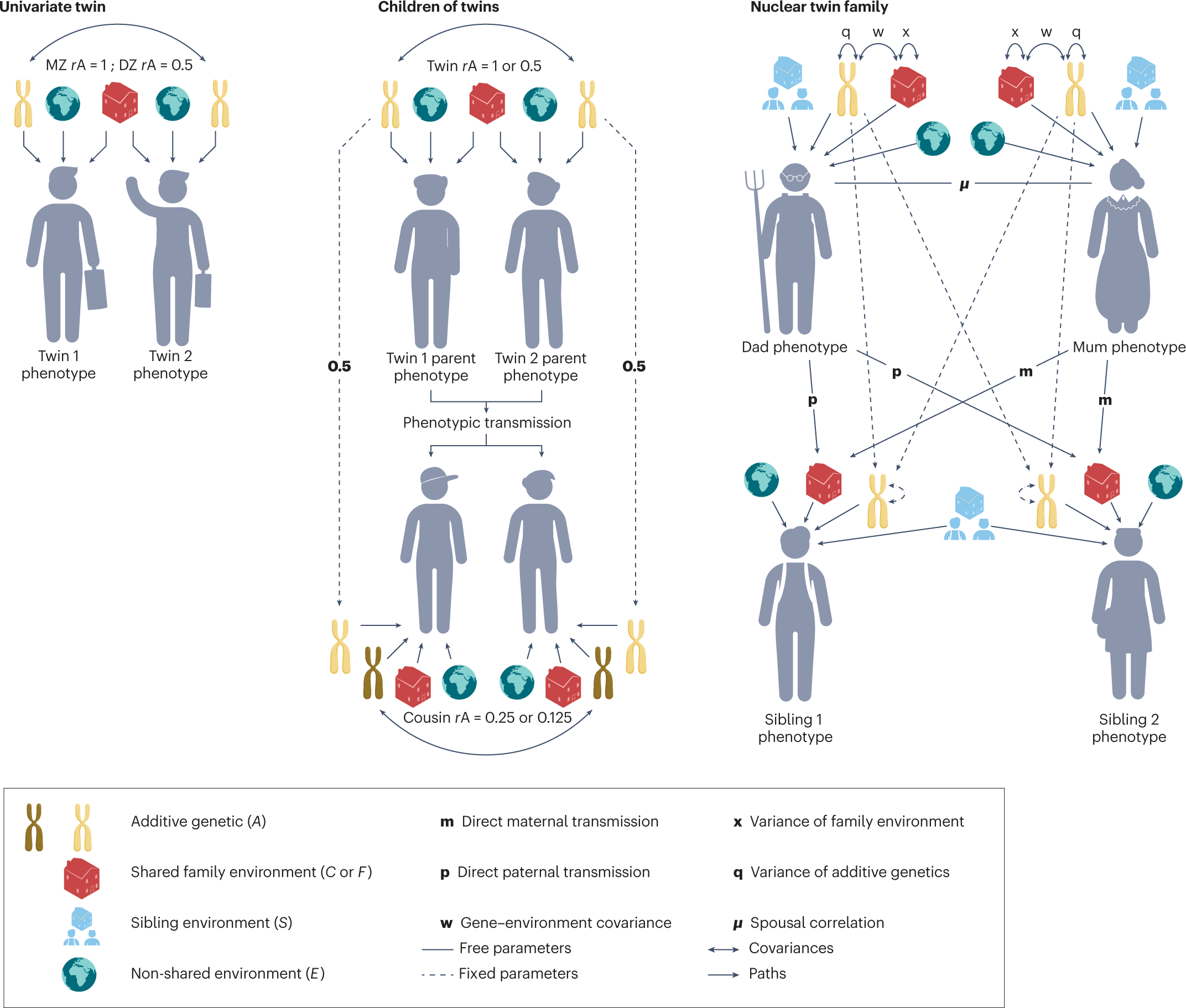We often hear the phrase “it’s in their blood,” used to describe a particularly ingrained trait or talent within a family line. While this is usually meant figuratively, it hints at a deeper truth about the interconnectedness between generations. We are, in many ways, a culmination of our ancestors, carrying within us not only their physical characteristics but also echoes of their experiences, values, and actions. This inheritance, passed down through generations, shapes our lives in profound ways, influencing our personality, our choices, and even our potential.
The Inheritance of Traits and Tendencies
The most obvious link to our forefathers lies in our physical form. Our blood, the very essence of life, connects us to a long lineage stretching back through time. It carries the genetic code, the DNA, passed down from parent to child for millennia, a blueprint containing the instructions for building and maintaining our physical selves. This genetic inheritance determines our physical attributes – from the color of our eyes and hair to our height and build. It influences our predisposition to certain health conditions and plays a role in shaping our temperament and natural inclinations.
But our inheritance extends beyond the physical realm. Just as we inherit physical characteristics, we also inherit tendencies and proclivities. Have you ever noticed how certain emotions, reactions, or even interests seem to run in families? This isn’t merely a coincidence. Our ancestors’ experiences, particularly their responses to challenges and opportunities, leave an imprint, not only on their own lives but also on the lives of their descendants. These imprints, often unconscious, can manifest as patterns of behavior, emotional responses, or even ingrained beliefs that we carry within us.
Imagine, for instance, a family whose ancestors faced hardship and scarcity. Their experiences might instill a deep-seated value for resourcefulness and resilience, passed down through generations. Descendants might display a natural inclination towards practicality, a knack for problem-solving, or a strong work ethic – traits honed by their forefathers’ struggles.
The Impact of Ancestral Actions
The legacy of our ancestors extends beyond personal characteristics and tendencies. Their actions, both positive and negative, create ripples that reach far beyond their own lifetimes, shaping the world we inherit and influencing the opportunities available to us.
Land ownership is a powerful example of this. For many, land represents not just property but a tangible connection to their heritage. It’s often passed down through generations, a physical embodiment of ancestral labor and legacy. This inheritance can provide a sense of belonging, security, and opportunity. Conversely, the forced displacement or dispossession of ancestors from their land can lead to generational trauma and disadvantage, echoing through families for years to come.
This principle applies to other aspects of life as well. Consider a family where generations have pursued a particular profession, such as medicine or craftsmanship. This tradition might stem from a genuine passion for the field, but it can also be influenced by the opportunities and resources available due to the groundwork laid by previous generations. The knowledge, skills, and even connections established by ancestors can pave the way for their descendants, offering a head start in a particular field.

Aligning with Our Inherited Potential
Recognizing the influence of our ancestors is not about feeling bound by the past. It’s about understanding the foundation upon which we build our lives. Just as a builder needs to understand the landscape and materials before constructing a house, we too benefit from understanding our inherited strengths, tendencies, and even the challenges embedded within our lineage.
This awareness allows us to make conscious choices. We can choose to embrace and cultivate the positive traits passed down to us, building upon the strengths of our ancestors. We can also recognize and address any negative patterns or limitations we may have inherited, choosing to break free from cycles that no longer serve us.
Furthermore, understanding our ancestral legacy can provide direction and purpose. If we are drawn to a particular field or endeavor that aligns with our family history, it might be more than just personal interest. It could be the culmination of generations of experience and passion, calling us to continue a legacy or build upon a foundation laid by those who came before us.
The Power of Synchronicity
There’s a powerful concept that arises when we consider the intertwined nature of our actions and our inheritance – the concept of synchronicity. When we align our own efforts and aspirations with the positive aspects of our ancestral legacy, something remarkable happens. Our actions resonate with the efforts of those who came before us, creating a sense of flow and momentum.
Imagine, for instance, a young entrepreneur who comes from a long line of skilled artisans. Their decision to start a business might be driven by their own ambition, but it also taps into a wellspring of inherited knowledge, resilience, and perhaps even a pre-existing network built by their ancestors. This alignment creates a powerful synergy, increasing the likelihood of success and fulfillment.
In essence, recognizing and honoring our ancestral inheritance is not about dwelling on the past. It’s about understanding the present and shaping the future. It’s about recognizing that we are part of a much larger story, a tapestry woven together by the lives and actions of countless individuals who came before us. By acknowledging their influence, we gain a deeper understanding of ourselves, our potential, and the forces that have shaped the world we live in. This understanding empowers us to make conscious choices, to build upon the positive aspects of our inheritance, and to create a future that honors the legacy of those who came before us while forging our own unique path.

